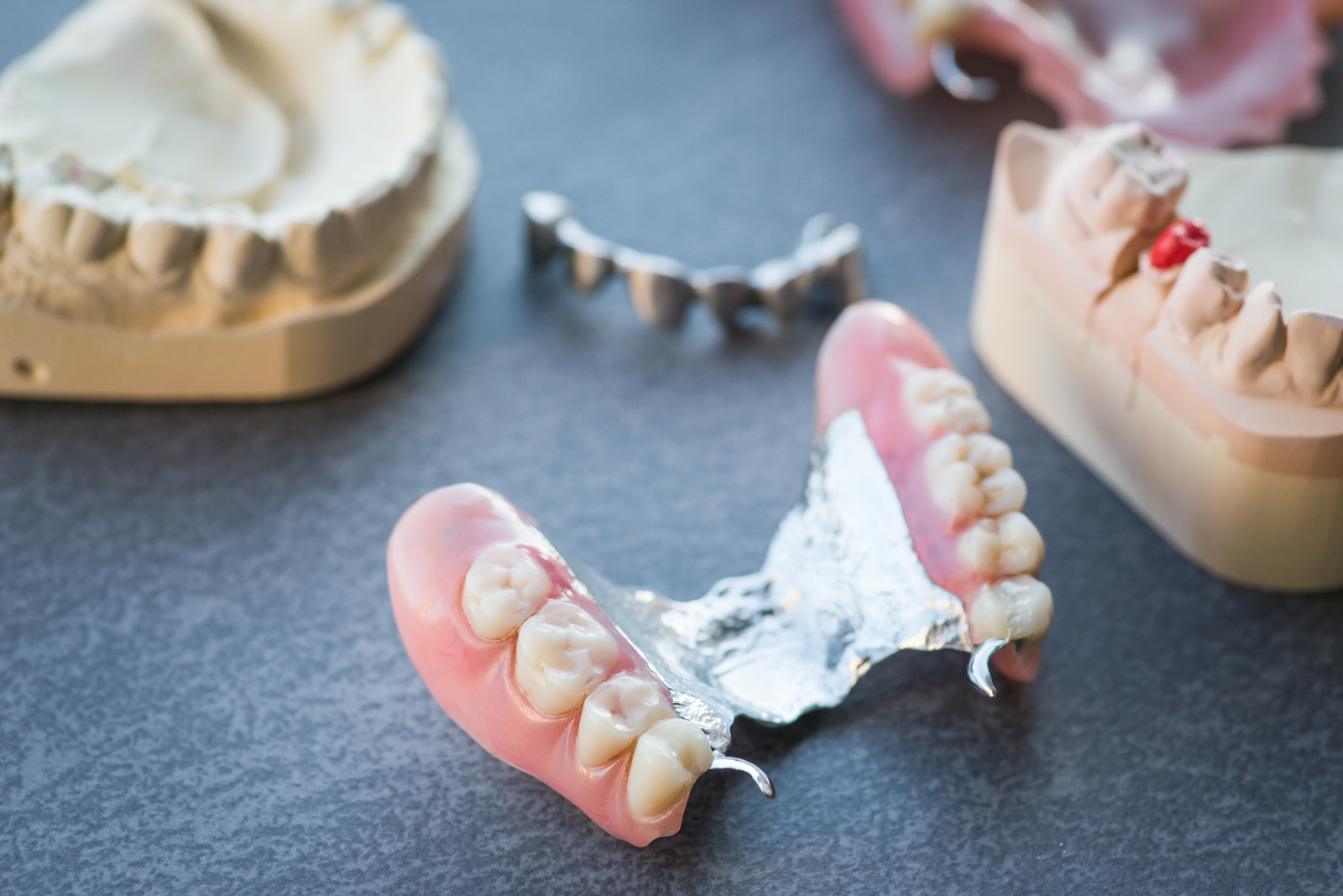What You Need to Know About Root Canals vs. Dental Implants
There are apples and oranges and then there’s dental implants and root canal. No one spends a lot of time fondly imagining undergoing root canal or getting dental implants in Edmonton, but they’re two very different procedures with very different goals. But with a connection! Here’s what you need to understand about the importance of undergoing a root canal in Edmonton and receiving dental implants from a dentist near you.
What’s the point of a root canal?
A dentist near you will always do whatever is possible to save your teeth from unnecessary and preventable extractions. One of the things a dentist will recommend to save even a seriously infected tooth is root canal treatment in Edmonton. When tooth decay has proceeded so far that bacteria have penetrated the interior of a tooth and infected the tissues and nerves inside the tooth, urgent action is necessary. Unless something is done quickly and effectively, that infection may kill the tooth and spread beyond your mouth and throughout your body via your bloodstream.
Root canal is a painless — yes, you read that correctly — procedure in which your dentist makes a tiny hole in your tooth through which the dentist will remove all infected material and clean the inside of your tooth before sealing it up to prevent re-infection. At the end of a root canal procedure, your tooth will be infection-free, and you’ll be relieved of the symptoms of a serious infection, symptoms that can include significant pain and foul discharge. Once you’ve recovered from your procedure, your dentist will provide you with a dental crown to restore your tooth’s full strength and protect the tooth from future re-infection.
What are dental implants?
Dental implants are the gold standard in modern dentistry for replacing missing teeth. What makes implants such an ideal solution for so many people is that those implants don’t replace just the teeth, but the roots as well. Implants are placed directly into your jaw where they bond to your natural bone tissue through osseointegration and even stimulate the development of more and healthy bone tissue to improve the health and strength of your jaw.
Once that osseointegration process is complete, your dentist will connect a restoration to the implant using a tiny third piece called an abutment. That restoration is often a crown to replace a missing tooth, but implants can also anchor dental bridges to replace multiple teeth and even dentures to replace complete sets of missing teeth. Receiving dental implants near you is the tooth-replacement option that provides the strongest, most natural and most durable solution for tooth loss, but isn’t appropriate for every person. To find out if dental implants are right for you, make an appointment with a dentist near you for an assessment of your oral health and dental needs.
By now it’s probably pretty clear that root canal procedures and dental implants are two very different procedures. What’s the link between them? If you develop a tooth infection, your dentist can often save that tooth from unnecessary extraction by performing a timely root canal. If you wait too long, though, a tooth extraction may be the only possible option to protect your health. In that case, your dentist will recommend your best options for replacing the extracted tooth. For many people, that best option is — you guessed it — a dental implant. Good as implants are, though, you can eliminate the need for them or any other solution for tooth loss by contacting a dentist as soon as you experience any symptoms of a tooth infection. Your dentist will act quickly and effectively to eliminate the infection (by a root canal, if necessary) to save your tooth and to protect your health.



Comments
Post a Comment